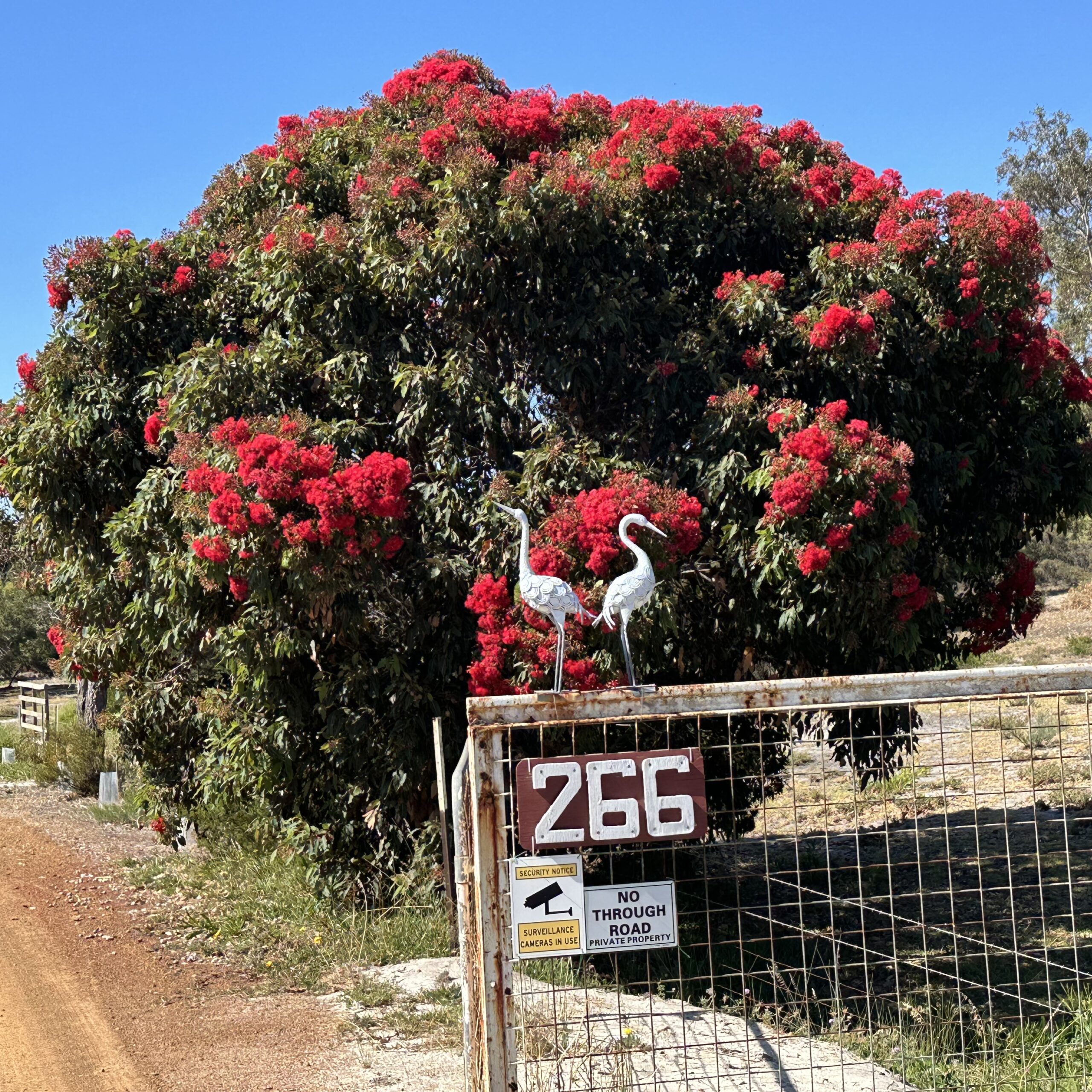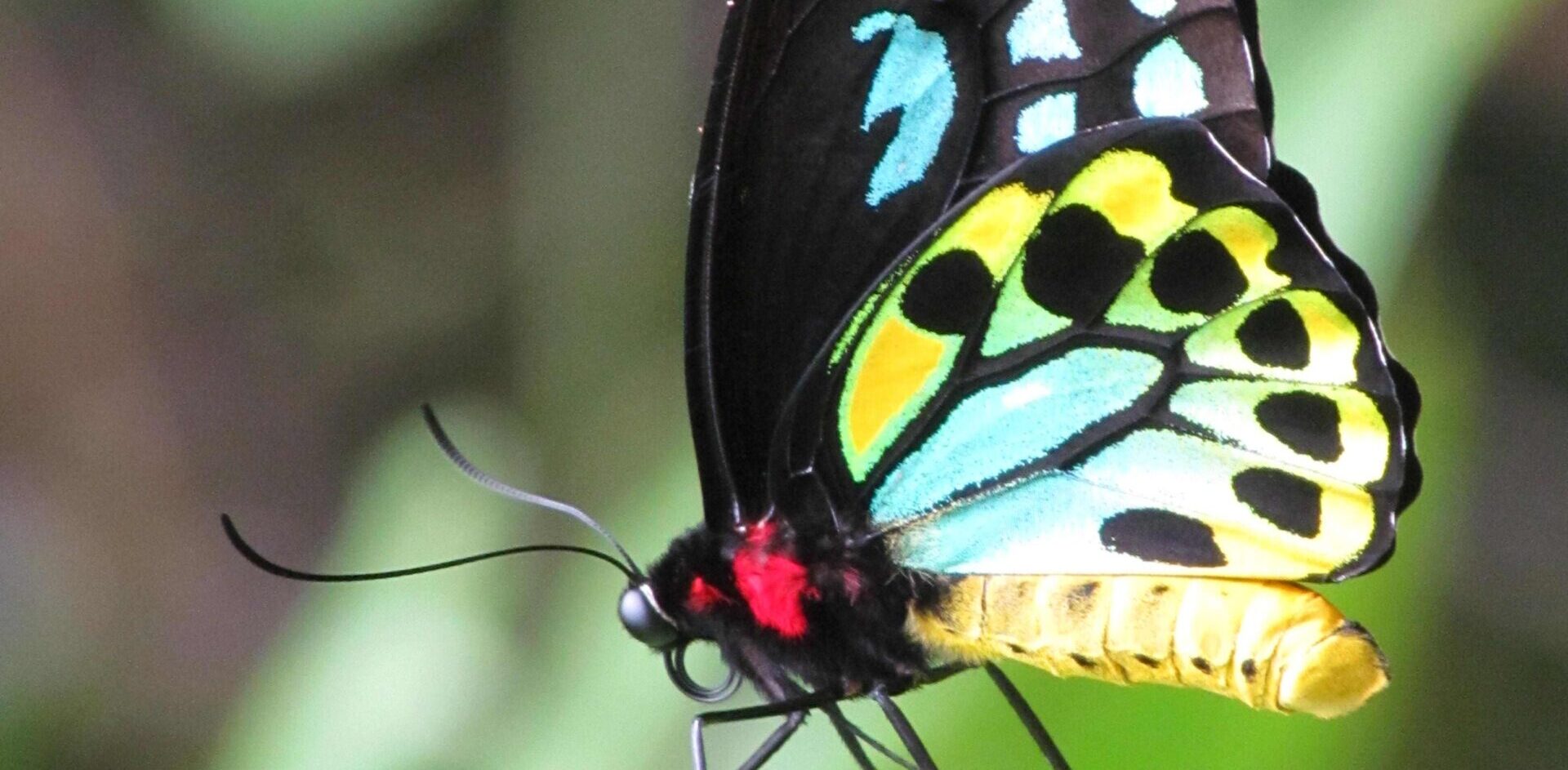Left: Carnaby’s black cockatoo (Zanda latirostris), Right: Red flowering gum (Corymbia ficifolia), an endemic species to southwest WA.Photo credits: Lori-Ann Shibish and Colin Ingram Esperance Wildlife Sanctuary Inc Western Australia • CHADWICK In 2021 we purchased our 12-acre property that was part of a 1980s subdivision, partly cleared to run...
In a promising development, the Queensland government has removed 7 species of shark from their culling target list. This means that when these species are found alive hooked on drumlines, they will no longer be shot dead. The decision follows HSI’s legal action against shark culling in the Great Barrier Reef, which we initiated with our lawyers EDO NSW last year. While far from the panacea of the complete cessation of culling that our sharks need and deserve, this is a step in the right direction. HSI will, however, be continuing with our legal action for the other 19 species of shark still on the hit list as well as the other marine animals that get hooked and die on lethal drumlines.
Good news for these sharks:
- School Shark (Galeorhinus galeus)
- Whitetip Reef Shark (Triaenodon obesus)
- Galapagos Shark (Carcharhinus galapagensis)
- Thresher Shark (Alopias vulpinus)
- Pelagic Thresher Shark (Alopias pelagicus)
- Bigeye Thresher Shark (Alopias superciliosus)
- Blacktip Reef Shark (Carcharhinus melanopterus)
It’s about time for these species, as they pose nearly no threat to anyone, and certainly did not deserve a death sentence. However, that sentence still exists for 19 condemned species. This list includes the beautiful and vitally important:
- Australian Blacktip Shark (Carcharhinus tilstoni)
- Bignose Shark (Carcharhinus altimus)
- Blue Shark (Prionace glauca)
- Bull Shark (Carcharhinus leucas)
- Common Blacktip Shark (Carcharhinus limbatus)
- Dusky Shark (Carcharhinus obscurus)
- Great Hammerhead Shark (Sphyrna mokarran)
- Grey Reef Shark (Carcharhinus amblyrhynchos)
- Spinner Shark (Carcharhinus brevipinna)
- Pig Eye Whaler (Carcharhinus amboinensis)
- Sandbar Shark (Carcharhinus plumbeus)
- Lemon Shark (Negaprion acutidens)
- Silky Shark (Carcharhinus falciformis)
- Silvertip Shark (Carcharhinus albimarginatus)
- Tiger Shark (Galeocerdo cuvier)
- White Shark (Carcharodon carcharias)
Despite the Queensland Government’s stance, most of these species have never been known for unprovoked interactions with humans.

The blacktip reef shark is another species that will not longer be shot dead if found alive on a drumline in the Great Barrier Reef. Image: Wikimedia Commons/fishx6
The 7 species that have just received a stay of execution are not out of harm’s way yet. They can still be hooked and expire on the lethal drumlines before the contractor comes to check on them. Drumlines are used all the way down Queensland’s coast including a staggering 173 deployed within the boundaries of the Great Barrier Reef Marine Park (GBRMP). These drumlines maim, injure and kill hundreds of sharks, rays and fish and a number of turtles. Some of these animals are endangered. The vast majority are completely harmless. All are innocent and misunderstood.
HSI is continuing with our legal action against drumlines within the GBRMP, as we encourage the Queensland Government to cease the use of these outdated and damaging methods and technologies. The case against the Great Barrier Reef Marine Park Authority and the Queensland Government is due to be heard in the Administrative Appeals Tribunal in Brisbane on January 30th, 2019. The case seeks to overturn the ten-year permit for the 173 drumlines within the Great Barrier Reef Marine Park.
We urge them to realise the danger of an ocean in which sharks are ecologically extinct, and to serve the fundamental purpose of the GBRMP: protecting an ecological system that relies heavily on the sharks they wish to remove. Non-lethal alternatives for shark interaction mitigation includes aerial patrols, drones, eco-barriers, personal deterrent devices and public education campaigns.
With the help of the EDO NSW we are asking the Queensland Government to adopt the use of these non-lethal technologies, thereby protecting swimmers as well as the ecological viability of our ocean. The Queensland Government’s Shark Control program began way back in 1962, and though the types of netting, hooks and bait have changed, “…the configuration of shark control equipment has remained almost unchanged since its introduction.” 1 Despite major advances in engineering, materials design, implementation, and our understanding of shark biology and behaviour, the Queensland Government hasn’t updated their strategy in 56 years. A new approach is past due.
1 Fisheries Queensland, Shark Control Program, YouTube 22 March 2011 https://www.youtube.com/watch?v=EOZAzD8hUeU
Please take action by telling Queensland Ministers to end lethal shark control in the Great Barrier Reef
Blog Image: The whitetip reef shark is one of the seven species to be removed from the Queensland Government’s target list as a part of its shark control program. Image: Lawrence Chlebeck


